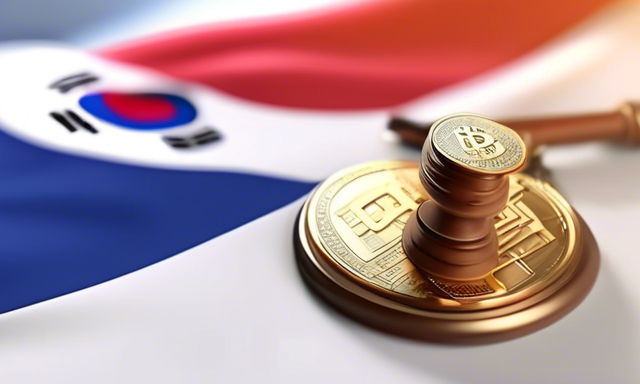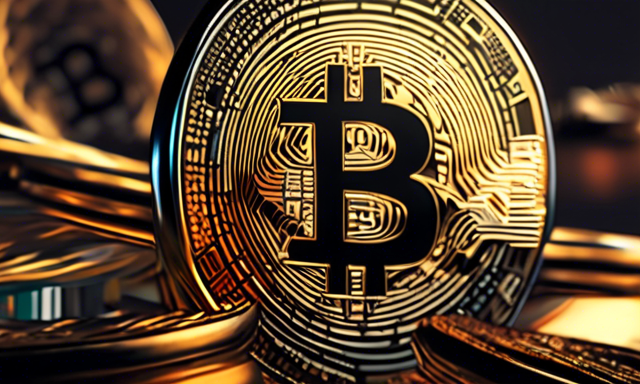South Korea Implements New Law to Safeguard Crypto Users
South Korea’s latest legislation aimed at safeguarding cryptocurrency investors has officially taken effect, signaling the country’s commitment to addressing regulatory vulnerabilities in the sector. The Virtual Asset User Protection Act, which was recently enacted, is designed to crack down on unfair trading practices in the wake of past incidents such as the Terra-Luna crash and FTX’s collapse.
Key Provisions of the Act
– The law defines digital assets as electronic tokens with economic value that can be traded or transferred electronically, encompassing a broad range of cryptocurrencies while excluding non-fungible tokens and central bank digital currencies.
– This new law requires crypto exchange operators to deposit users’ funds in financial institutions like banks to safeguard them in case of insolvency, with exchanges also mandated to pay interest on these deposits.
– Local exchanges must offer interest rates between 1% and 1.5% according to the law’s stipulations.
– Exchanges are obligated to store a portion of their users’ virtual assets in cold wallets to shield them from cyber attacks and system malfunctions, with the added requirement of acquiring insurance or maintaining reserves to cover potential losses.
– To combat unfair trading practices, exchanges are mandated to monitor and report abnormal transactions to financial authorities, ensuring market integrity and enhancing investor protection.
Industry Response and Regulatory Compliance
– South Korean crypto exchanges, operating under the Digital Asset Exchange Alliance (DAXA), have introduced guidelines to prevent mass delistings and standardize criteria for supporting and terminating digital asset trading. This move aims to bolster transparency in the market and reduce the risk of asset removals.
– DAXA has initiated a comprehensive review of 1,333 existing digital assets over a six-month period to ensure compliance with regulatory standards.
Ongoing Efforts and Regulatory Evolution
– Over the years, South Korea has made concerted efforts to regulate the cryptocurrency industry, tightening controls on how digital assets are handled and traded.
– Revised regulations targeting crypto exchanges, which came into effect in March 2021, compelled over 60 exchanges to register with the country’s Financial Intelligence Unit (FIU) and establish partnerships with banks to facilitate real-name accounts.
– Recent amendments to the Act on the Reporting and Use of Specific Financial Transaction Information have placed stringent requirements on virtual asset service providers (VASPs) to enhance transparency and security in the sector.
– VASPs are now mandated to register authorized bank accounts, obtain Information Security Management System certificates, and implement robust Anti-Money Laundering and Know-Your-Customer procedures to comply with the new regulatory framework.
Hot Take: South Korea’s Crypto Regulatory Landscape
South Korea’s proactive approach to regulating the cryptocurrency industry reflects its commitment to protecting investors, enhancing market integrity, and fostering sustainable growth in the digital asset space. By enacting stringent laws and implementing robust oversight mechanisms, South Korea aims to create a secure and transparent environment for crypto participants, signaling its readiness to embrace the evolving landscape of blockchain technology.





 By
By
 By
By
 By
By

 By
By
 By
By